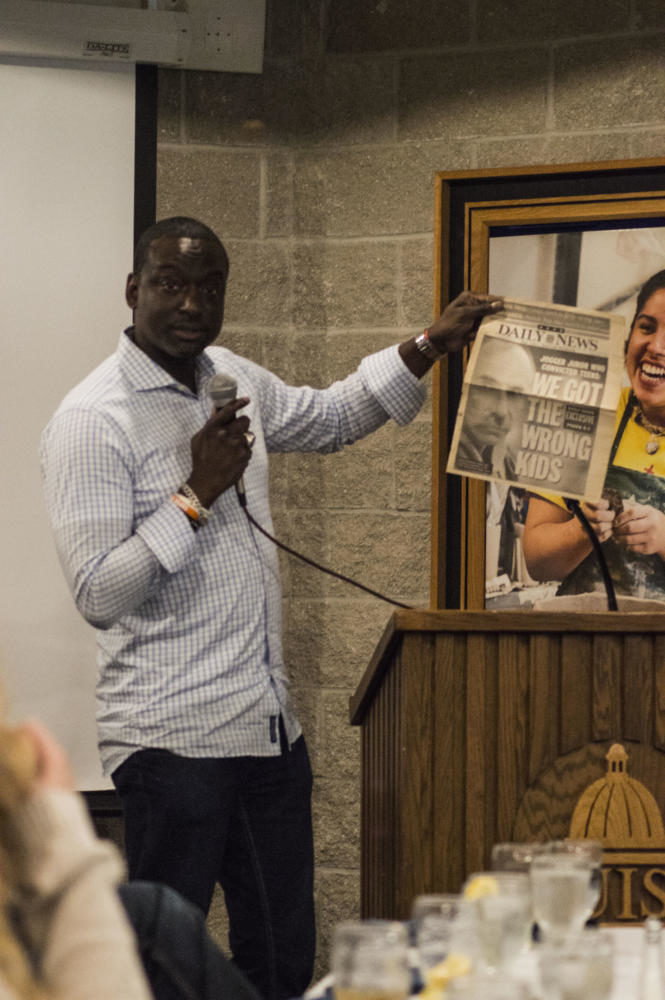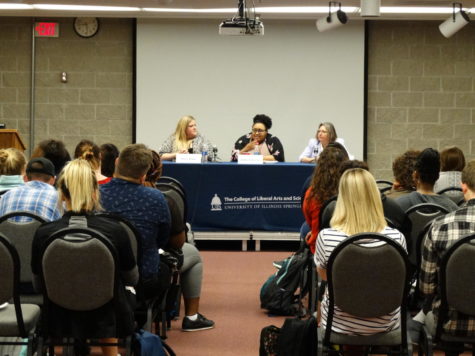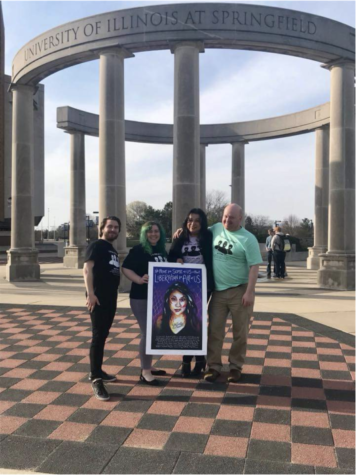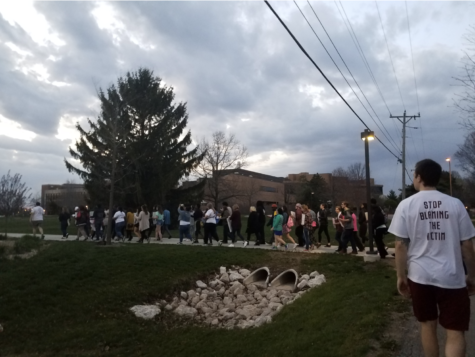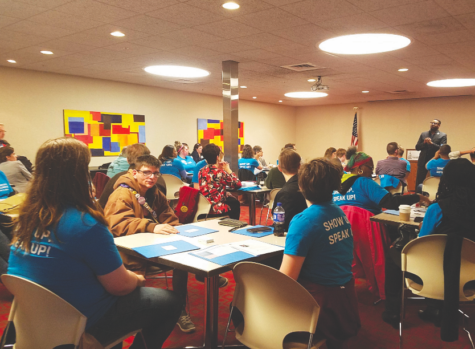Yusef Salaam visits UIS to discuss Central Park Five case
UIS hosted a luncheon and discussion with Yusef Salaam, accompanied by his mother Sharonne Salaam, about the infamous ‘Central Park jogger’ case in which Yusef, along with four other African-American and Latino teens at the time, were wrongfully convicted of raping and beating a female jogger in New York City’s Central Park.
At the time of his conviction, Salaam was only 17 years old and was subjected to prolonged periods of police interrogation as well a media frenzy which portrayed the group of young men as murderers during the time of their trials. It was these factors, resulting from stigmatizing a group of people, which played a large role in the wrongful conviction of Salaam and his friends.
Salaam recalled that it seemed as though he was found guilty before he could even plead not guilty, a sentiment facilitated by the media and its coverage of the case. Salaam explained that he was found guilty because he was “susceptible to something like this” due to the color of his skin and his social standing within in his community.
“If you can reduce a person from being a person, and reduce them to something else, then you can do whatever to them,” Salaam stated of his experiences throughout his trial.
It was not until 2002, 13 years after the case had been publicized, that Matias Reyes, a convicted murderer and rapist, had admitted that he was solely responsible for attacking the central park jogger. However, even this confession did not exonerate Salaam and his friends.
“Even after, [the police] tried to say that [Reyes] was the sixth man involved in the incident. The sixth man,” recalled Salaam.
Eventually, the evidence was subjected to DNA testing which found Reyes guilty of the crime and cleared Salaam and his friends from any wrongdoing.
Although Salaam had overcome his wrongful conviction, he faced – and continues to face – many challenges adjusting to civilian life.
Salaam and his friends have since been trying to “put the pieces of their lives back together.”
Salaam explained that, since his release, he has been trying to catch up in life. “I missed out on a lot. I never got to go to prom, had to teach myself to drive, and find myself a job. It’s been tough.”
He continued to explain the everyday struggles he faces, such as dealing with post-traumatic stress disorder (PTSD) after being released from prison, noting that there are no services to provide exonerated prisoners with the resources they need to be successful in life.
However, Salaam is not bitter about his experiences. Instead, he looks forward to a brighter future and wants to use his experiences to act as a voice for the underprivileged and minority community in hopes to change the culture around law enforcement and people of color.
Now, Salaam and his mother are working to pass a bill in New York City that would provide exonerated persons with quick and rightful compensation for their involvement in wrongful convictions along with programs and services to help these individuals put their lives back together. Such services include education training, medical help, psychological services, jobs, and housing upon returning to society.
Yusef Salaam’s mother urged everyone to use their voice, get involved, and make changes throughout the community to reduce the stigma around people of color to create a culture of acceptance.
“It can happen to everyone,” his mother stated. “It can happen to your son, your daughter, yourself. We have to be the change.”
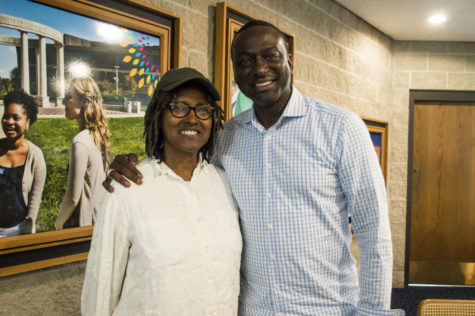
Yusef with his mother Sharonne



